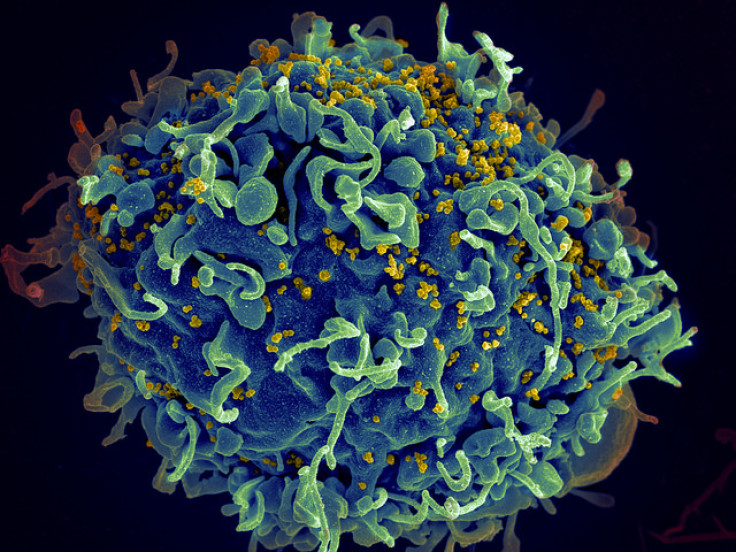Patients and virus genetics account for a third of HIV viral load
Findings shed light on why disease progresses at different rates in people infected with HIV.

The genetics of a patient may influence disease progression following an HIV infection by triggering mutation in the HIV viral genome, scientists have suggested.
Scientists have long observed important differences in the rate of disease progression among individuals infected with HIV. It is now well established that the disease progresses faster in people with a higher viral load – the amount of genetic material from the virus found in their blood.
Previous research has shown that an infected person's genetics and the genetics of their particular HIV strain both influence viral load.
But the study now published in the journal PLOS Computational Biology, is the first to investigate the relative impacts of human and viral genetics on viral load, within one group of patients.
The researchers, from École Polytechnique Fédérale de Lausanne (Switzerland) worked with 541 people infected with HIV. They collected genetic data as well as viral genetic data for each of them.
Using a computational modelling method known as linear mixed modelling, they then assessed how the patients' genome and the viral genome combined could explain differences in viral load between the patients.
They found that genetic differences between HIV strains accounted for 29% of the contrasts in viral load between patients. Human genetic variation on the other hand, explains 8.4%. Together, human and viral genetics explained a third of viral load variation.
These findings suggest that the patients' genetics trigger genetic mutations in the HIV virus as it multiplies inside them, thus influencing the clinical course of HIV infection.
Although these findings have no clinical application at present, they contribute to a better understanding of the elusive virus. "Our study improves our understanding of HIV pathogenesis. This is an important step - the better you know your enemy, the more equipped you are to fight it and fight against the disease", study director Jacques Fellay told IBTimes UK.
They subsequently plan to replicate their study in a wider group of participants, from a wider range of nationalities. "It will be necessary to conduct similar studies in more diverse populations, to see if we get other results. Right now, we worked with participants who all had European origins, and this necessarily limits genetic diversity," Fellay observed.
© Copyright IBTimes 2024. All rights reserved.






